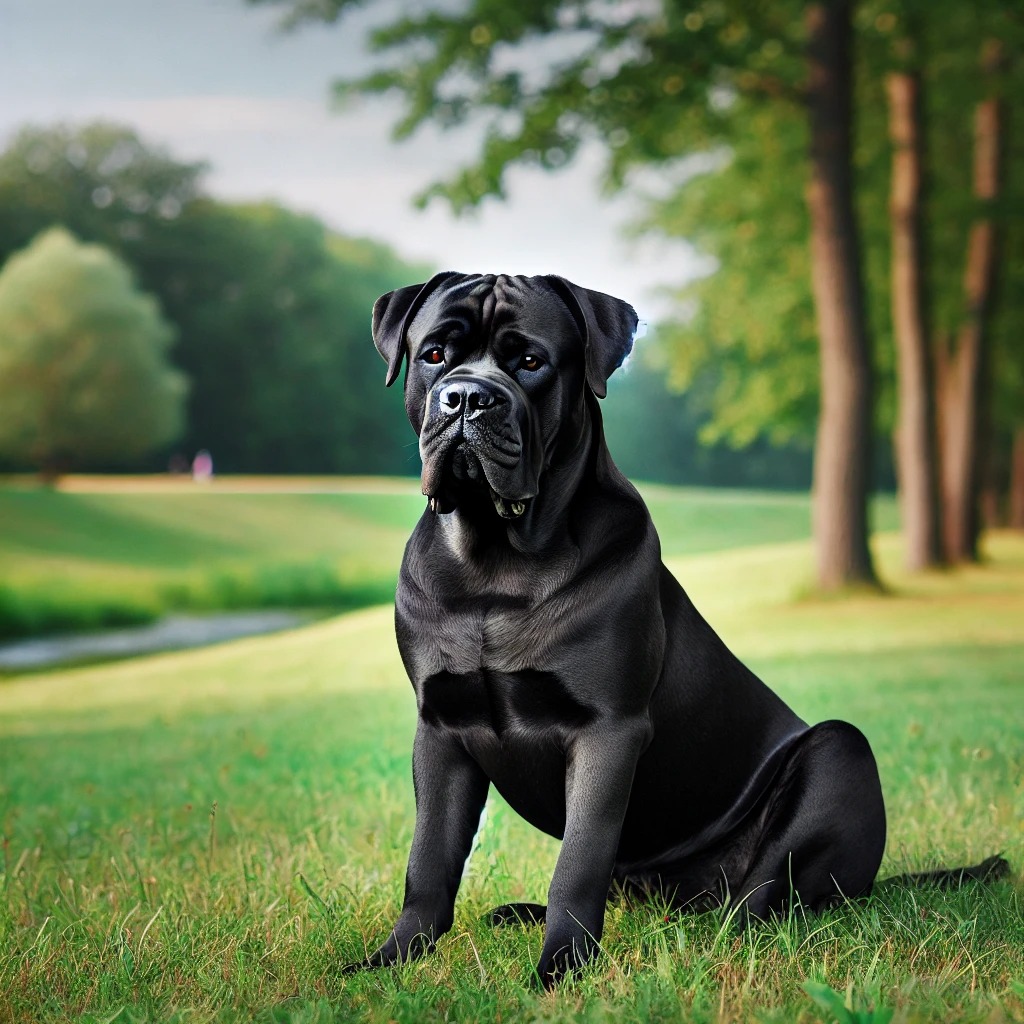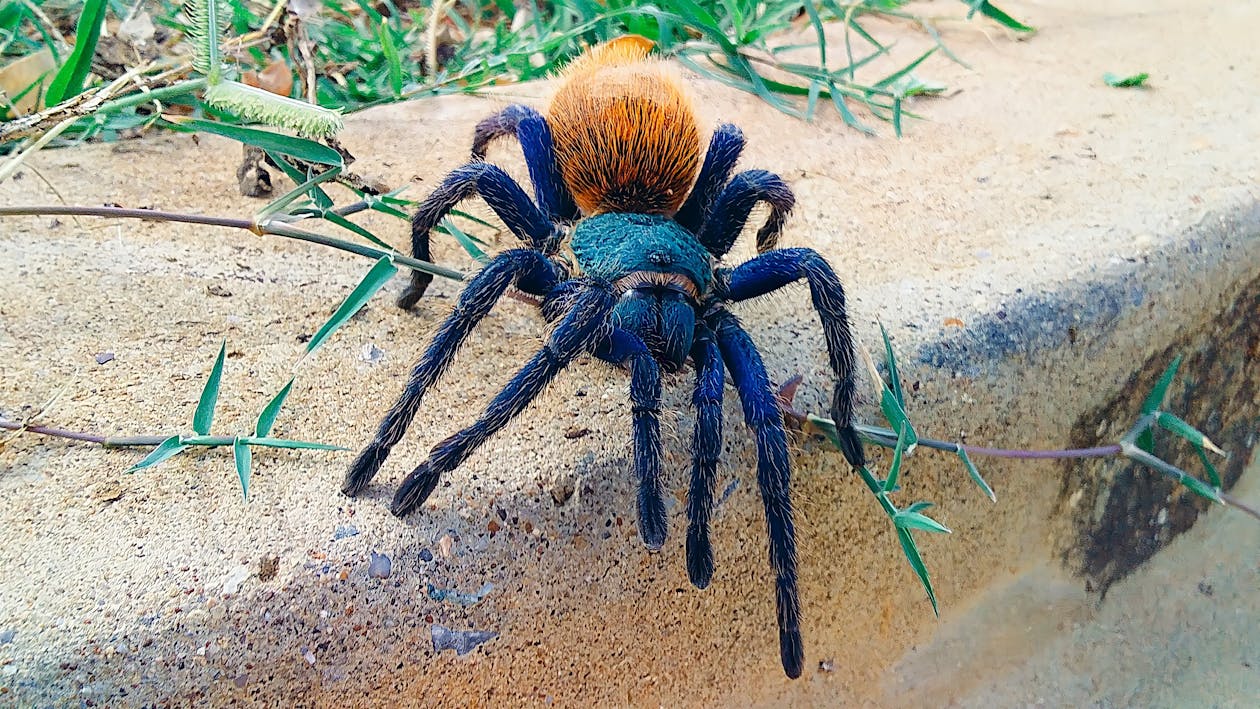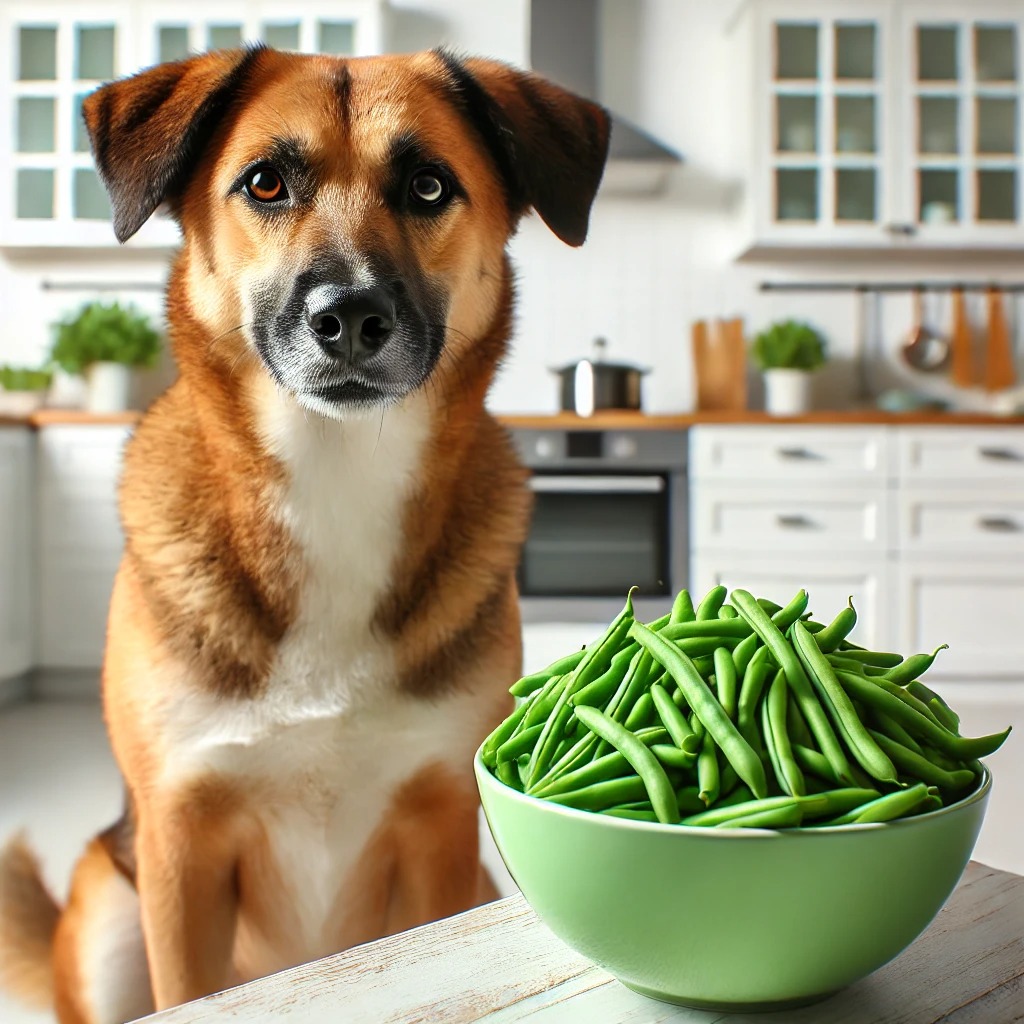Introduction
The Cane Corso is a powerful and majestic dog breed known for its loyalty, intelligence, and protective nature. Originating from Italy, this breed has a rich history and a strong presence, making it a popular choice among dog enthusiasts. In this article, we will explore the various aspects of the Cane Corso, including its history, characteristics, temperament, and care requirements. Our goal is to provide a comprehensive guide for anyone interested in this remarkable breed.
History of the Cane Corso
Ancient Origins
The Cane Corso’s lineage can be traced back to ancient Roman times. They are believed to have descended from Roman war dogs known as “Canis Pugnax,” which were used for guarding, hunting, and military purposes. These dogs were prized for their strength and courage.
Evolution and Role in Italy
After the fall of the Roman Empire, the Cane Corso found its place in rural Italy. They became versatile working dogs, assisting farmers in guarding livestock, hunting wild boar, and protecting property. Their name, “Cane Corso,” is derived from the Latin word “cohors,” meaning “guardian” or “protector.”
Modern Recognition
The breed’s popularity declined in the mid-20th century, but dedicated enthusiasts revived the Cane Corso in the 1970s. It was officially recognized by the Italian Kennel Club in 1994 and later by the American Kennel Club (AKC) in 2010. Today, the Cane Corso is celebrated for its unique combination of power, elegance, and loyalty.
Physical Characteristics
Size and Build
The Cane Corso is a large and muscular breed, exuding strength and agility. Males typically stand between 25 to 27.5 inches tall at the shoulder, while females range from 23.5 to 26 inches. They can weigh between 90 to 120 pounds, depending on their build and gender.
Coat and Colors
The breed has a short, dense coat that is easy to maintain. Common coat colors include black, gray, fawn, red, and brindle. Some Cane Corsos may also have a small white patch on their chest or toes.
Distinctive Features
The Cane Corso’s head is one of its most defining features, with a broad skull, pronounced stop, and strong jaw. Their eyes are almond-shaped and can vary in color from dark brown to lighter shades, depending on the coat color. The ears are typically cropped, though this practice is less common today, and some owners prefer the natural, uncropped look.
Temperament and Personality
Loyalty and Protective Instincts
The Cane Corso is known for its unwavering loyalty to its family. They are naturally protective and make excellent guard dogs. Their strong protective instincts mean they require proper socialization from an early age to distinguish between friend and foe.
Intelligence and Trainability
This breed is highly intelligent and responds well to consistent training. Cane Corsos thrive on mental stimulation and enjoy tasks that challenge their minds. They excel in obedience training, agility, and even canine sports.
Affectionate and Gentle
Despite their imposing appearance, Cane Corsos are affectionate and gentle with their families. They form strong bonds with their owners and are known to be great with children when properly socialized. Their calm demeanor makes them suitable for family life, provided they receive the attention and exercise they need.
Care and Maintenance
Exercise Requirements
Cane Corsos are energetic dogs that require regular exercise to stay healthy and happy. Daily walks, playtime, and mental stimulation are essential to prevent boredom and destructive behaviors. They enjoy activities like hiking, running, and playing fetch.
Grooming Needs
The Cane Corso’s short coat is relatively low-maintenance. Regular brushing with a firm bristle brush will help keep their coat clean and shiny. Bathing should be done as needed, typically every few months. It’s also important to check their ears regularly for signs of infection and trim their nails to prevent overgrowth.
Health Considerations
Like all breeds, the Cane Corso is prone to certain health issues. Common concerns include hip dysplasia, elbow dysplasia, and certain heart conditions. Regular veterinary check-ups, a balanced diet, and maintaining a healthy weight can help mitigate these risks. Responsible breeders will screen for genetic conditions to ensure the health of their puppies.
Training and Socialization
Early Socialization
Socialization is crucial for Cane Corsos to develop into well-adjusted adults. Exposure to different people, environments, and experiences from a young age helps them become confident and well-mannered. Puppy classes and positive reinforcement methods are highly recommended.
Consistent Training
Consistency and patience are key when training a Cane Corso. They respond best to positive reinforcement techniques, such as treats, praise, and play. Avoid harsh training methods, as they can lead to fear or aggression. Establishing yourself as a calm and assertive leader will help your Cane Corso understand their role within the family.
Living Environment
Space Requirements
Cane Corsos are best suited for homes with ample space. They do well in houses with large yards where they can run and play. However, they can adapt to apartment living if provided with sufficient exercise and mental stimulation.
Family Compatibility
This breed thrives in a family environment where they can be part of daily activities. They are known to be gentle and protective of children but should always be supervised around young kids due to their size and strength. Cane Corsos can coexist with other pets if properly socialized, but their strong prey drive should be taken into consideration.
Conclusion
The Cane Corso is a remarkable breed that combines strength, intelligence, and loyalty. Their rich history and versatility make them a fascinating choice for dog lovers. With proper training, socialization, and care, Cane Corsos can be loving and protective companions, well-suited to family life. If you’re considering adding a Cane Corso to your family, it’s essential to understand their needs and be prepared to provide the structure and attention they require. By doing so, you’ll be rewarded with a devoted and impressive canine companion.









